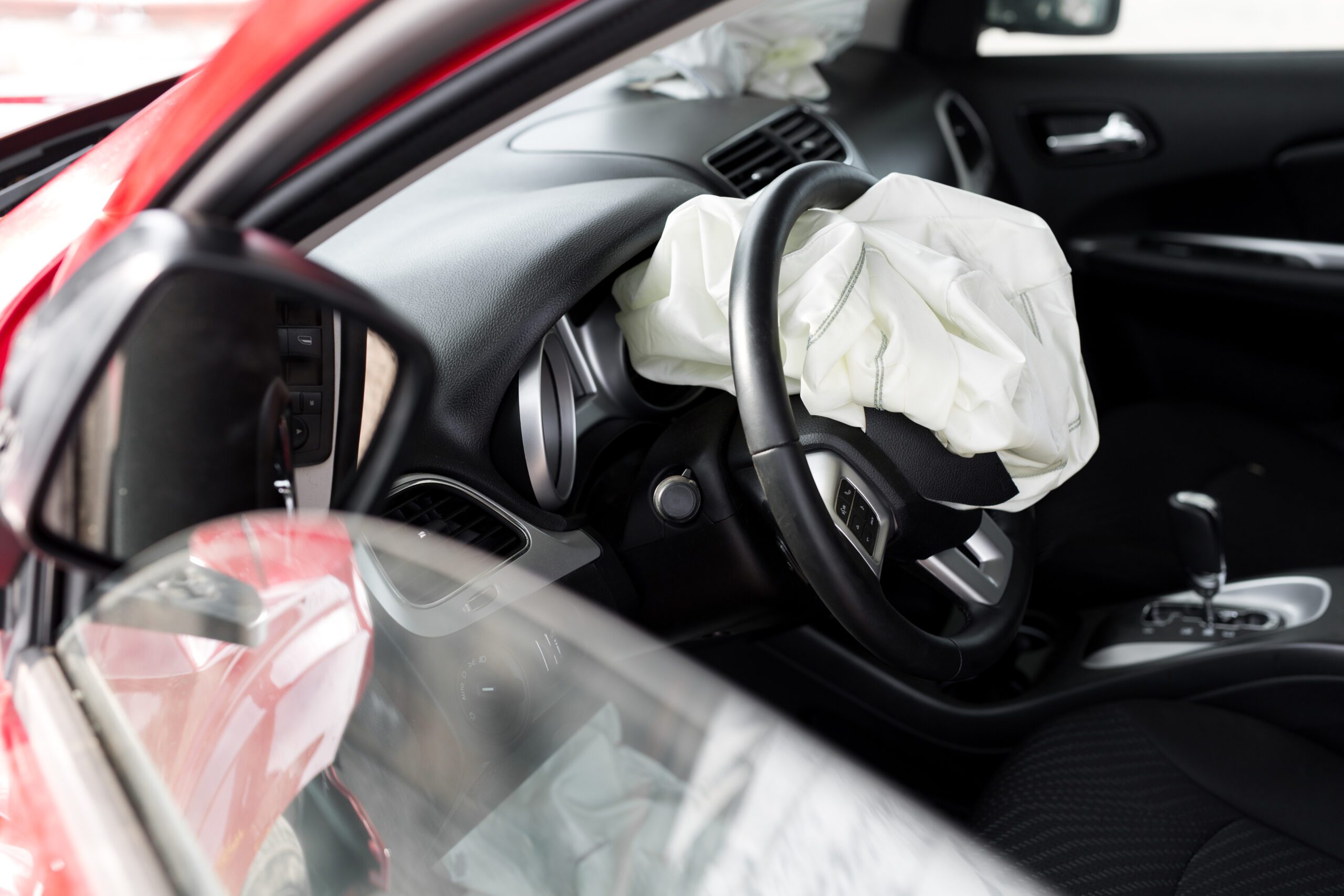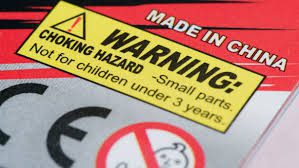
Florida tort law provides that a manufacturer of a defective product may be subject to product liability under two basic theories.
First, strict liability, and second, negligence.
In order to win under either theory, the plaintiff must establish that the product was defective or unreasonably dangerous.
Under a negligence theory, proof of a defect determines a breach of the duty, and the mere presence of a defective condition proves your case under strict liability.
What Is The Florida Product Liability Statute?
According to Florida 2021 Statutes 768.81(1)(d), “products liability action means a civil action based upon a theory of strict liability, negligence, breach of warranty, nuisance, or similar theories for damages caused by the manufacture, construction, design, formulation, installation, preparation, or assembly of a product.”
Proving A Claim Under Strict Liability
So, pursuing a manufacturer of a product is easier on the plaintiff if they can prove a claim under strict liability since the plaintiff is not required to provide a duty and a breach of the duty. The basis of strict liability laws is that the State of Florida realizes that a consumer will not have access to private corporate manufacturing information before a lawsuit is filed and will have a difficult time establishing negligence. However, with the product itself, the injured party has the ability to examine the product and determine whether it is defective or not.
Strict Liability Theories
Strict liability theories are generally distinct from negligence as they remove the burden from the injured party to prove specific acts of negligence. Even though the term “strict liability” indicates some “automatic” or absolute liability for any use of its product, the manufacturer of a product is only responsible for injuries caused when the product is being used as it was intended.
Hence, in order for strict liability to apply to a manufacturer, the product must have been used for the purpose for which it was intended.
For example, a power drill that causes an injury cannot be said to be subject to strict liability if the injury occurred while using the drill as a weapon or as a blender in the kitchen. Those uses are different from the intended use of a drill, like screwing in fasteners or drilling holes for carpentry work.
Defective Airbag Example:
What If the Airbags Didn’t Work During My Car Accident?
 A typical car accident case is pretty straightforward: one driver is speeding, running a red light, or doing something else to cause a crash, and any person injured in the accident sues that driver or makes a claim with that driver’s car insurance company. But sometimes, these cases can get a little more complicated, and they become something more, something bigger, than a car accident case. One such instance is when an airbag does not deploy properly during a car accident, resulting in injuries that are more severe than they might have been if the airbag had done its job. The injured person may now have a product liability case on top of an insurance claim or lawsuit against the at-fault driver.
A typical car accident case is pretty straightforward: one driver is speeding, running a red light, or doing something else to cause a crash, and any person injured in the accident sues that driver or makes a claim with that driver’s car insurance company. But sometimes, these cases can get a little more complicated, and they become something more, something bigger, than a car accident case. One such instance is when an airbag does not deploy properly during a car accident, resulting in injuries that are more severe than they might have been if the airbag had done its job. The injured person may now have a product liability case on top of an insurance claim or lawsuit against the at-fault driver.
Proving Strict Liability
Since any product can be misused, a manufacturer cannot be held responsible and liable for every possible creative misuse that a consumer can conceive. Product liability does not make the manufacturer an insurer of all foreseeable accidents that involve its product. In order to have a successful product liability claim, the product must be defective in its design, manufacture, or lack adequate warnings. Further, any one of these items must render the product unreasonable, dangerous, or defective, and then the use that caused the injury must be an intended use.
Consumer Expectation Test
Strict Liability focuses on the reasonable expectations of the consumer. The test for design defects is called a “consumer expectation test” and makes a product defective if the plaintiff is able to demonstrate that the product did not perform as safely as an ordinary consumer would expect when used in the intended fashion or in a reasonably foreseeable manner.
Design And Manufacturer Defects
Strict liability claims based upon manufacturing defects are all about whether the product was made in a way that is not consistent with its design. In other words, there was an error in the manufacturing process and quality control process that allowed for a product that was not made pursuant to the design specifications, and this defect made the product defective in its ordinary usage.
Inadequate Warnings
 Strict liability claims based upon inadequate warnings are premised on a failure of the company to warn. Florida courts have recognized that a warning should contain some wording directed to the significant dangers arising from the failure to use the product in the prescribed manner, such as the risk of serious injury or death.
Strict liability claims based upon inadequate warnings are premised on a failure of the company to warn. Florida courts have recognized that a warning should contain some wording directed to the significant dangers arising from the failure to use the product in the prescribed manner, such as the risk of serious injury or death.
A product is considered defective from a warning standpoint in Florida when the foreseeable risks of harm posed by the product could have been reduced or avoided by the provision of reasonable instructions or warnings and their omission renders the product not reasonably safe.
Proving The Four Elements
On the negligence theory of products liability cases, the injured party must prove four elements. First, the manufacturer must be under a duty that requires them to protect others from unreasonable risks. Second, the plaintiff must prove that this duty was breached by the company. Third, there must be legal causation between the breach and the injury; and finally, the injured party must have injury or loss.
Statute Of Limitations
The Florida statute of limitations for product liability extends four years from the date injury the injury occurred. If the defect and accident results in a wrongful death claim, that statute is shortened to two years.
If you or a loved one has been injured or killed by a product and you seek out answers related to whether a claim of products liability can be brought and won, you can reach out to our firm for a free consultation at zarzaurlaw.com or 855HireJoe.
Joe Zarzaur is a Board Certified Civil Trial Attorney whose firm is dedicated to promoting community safety since 2007. ZARZAUR LAW’S AREAS OF PRACTICE: Serious Personal Injury, Product Defect, Auto Accidents, Cycling Accidents, Motor Vehicle Accidents, Products Liability, Wrongful Death, Community Safety, Boat and Jet Ski Accidents, Slip and Fall Injuries, and more. Licensed in Alabama and Florida.
If you or a loved one has been injured or killed by a product and you seek out answers related to whether a claim of products liability can be brought and won, you can reach out to our firm for a free consultation. It is also important to consult with a Board Certified Trial lawyer who has the knowledge and experience to help you. We know accidents can be stressful and want to make the process as easy as possible for you. Call Zarzaur Law, P.A. today at (855) Hire-Joe, or by requesting a free case review through our website.
Offices in Pensacola, Destin, Miami, and Tallahassee.
Sources:
https://www.law.cornell.edu/wex/products_liability
Keywords
https://www.law.cornell.edu/wex/damages